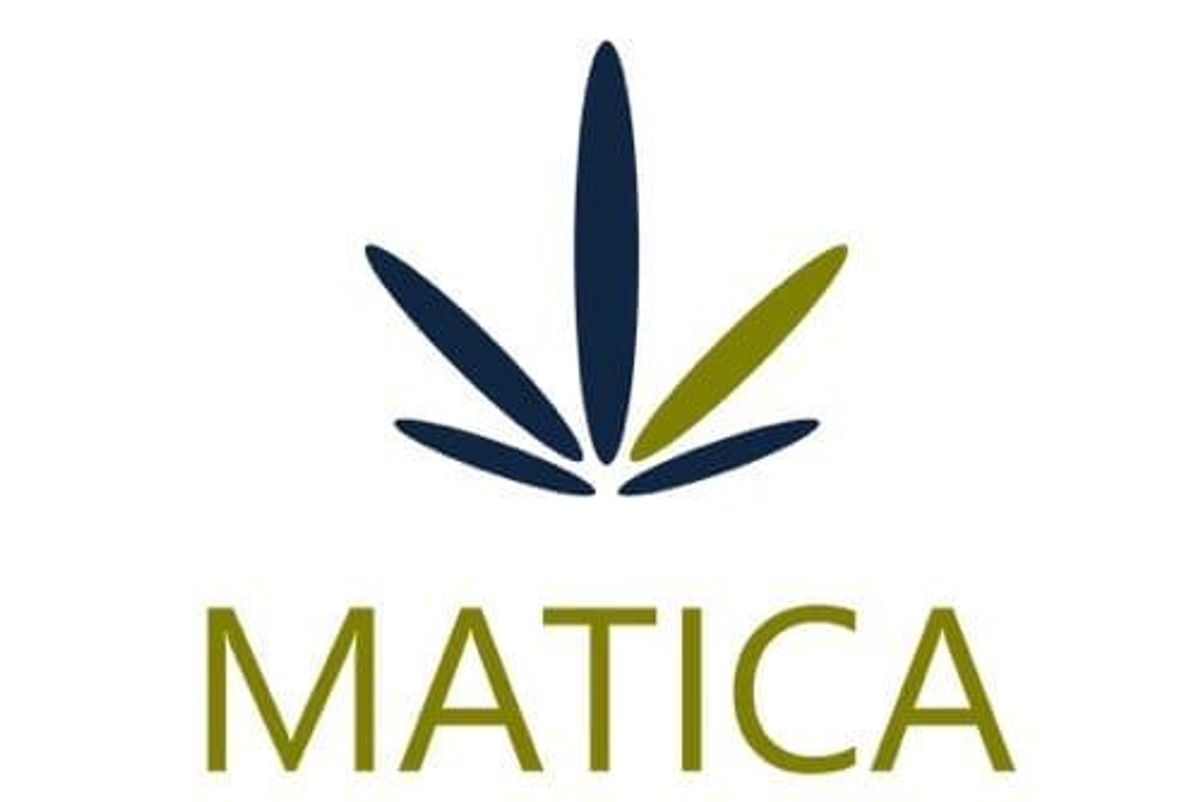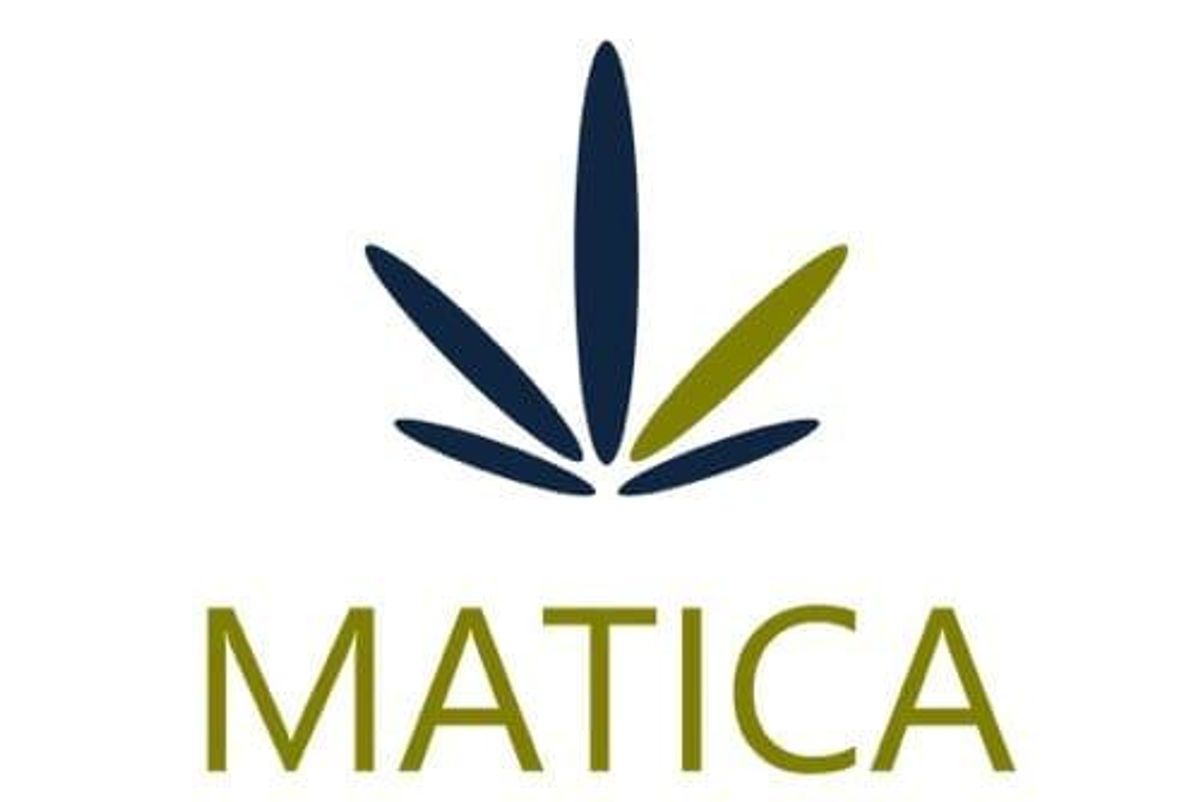
Matica Enterprises Inc. (CSE: MMJ) (FSE: 39N) (OTCQB: MMJFF) ("Matica" or the "Company") is pleased to announce that, in connection with the previously announced share consolidation on a thirty (30) for one (1) basis (the "Consolidation"), the Company will be changing its name to West Island Brands Inc. (the "Name Change").
The common shares are scheduled to begin trading on a post-consolidation basis at market open on October 20, 2021 under the stock symbol "WIB". The new CUSIP number will be 953400108 and the new ISIN number will be CA9534001081. Following the Consolidation, the Company will have approximately 10,712,484 common shares issued and outstanding.
A letter of transmittal will be sent by mail to registered shareholders advising that the Consolidation and Name Change have taken effect. The letter of transmittal will contain instructions on how registered shareholders can exchange their share certificates or DRS statements evidencing their pre-consolidated common shares for new share certificates or new DRS statements representing the number of post-consolidated common shares to which they are entitled. No action is required by non-registered shareholders (shareholders who hold their shares through an intermediary) to effect the Consolidation and Name Change.
No fractional common shares will be issued upon the Consolidation. In the event a holder of common shares would otherwise be entitled to receive a fractional common share in connection with the Consolidation, the number of common shares to be received by such shareholder will be rounded down to the next whole number if that fractional common share is less than one half (1/2) of a common share, and will be rounded up to the next whole number of common shares if that fractional common share is equal to or greater than one half (1/2) of a common share.
About Matica
Matica is a multi-faceted, innovative company in the Quebec cannabis space. Its subsidiary, West Island Culture is a Dorval, Quebec based Health Canada Licence Holder with standard cultivation licence, standard processing, medical sales and sales licences. Matica continues to work with Yunify Natural Technologies, a Quebec based health and personal care research and innovation company to develop proprietary products for Matica and West Island, including topicals and ionic mists. Through its acquisition of Trichome Treats, an award winning chocolatier, Matica and West island intend on introducing edibles into the West Island product mix.
For more information on Matica Enterprises please visit the website at: www.maticaenterprises.com.
For More information on our cannabis brands please visit go-ouest.ca and citoyencannabis.ca
On behalf of the Board of Directors
Matica Enterprises INC.
Boris Ziger
Boris Ziger, CEO & Chairman
The Company's public filings are available for review at www.sedar.com and www.thecse.com.
For further information, please contact Boris Ziger, at:
Telephone: 416-304-9935
E-mail: info@maticaenterprises.com
Website: www.maticaenterprises.com , www.maticammj.com
Disclaimer for Forward-Looking Information
Certain information in this press release may constitute forward-looking information. This information is based on current expectations that are subject to significant risks and uncertainties that are difficult to predict. Actual results might differ materially from results suggested in any forward-looking statements. The Corporation assumes no obligation to update the forward-looking statements, or to update the reasons why actual results could differ from those reflected in the forward looking-statements unless and until required by securities laws applicable to the Corporation. Additional information identifying risks and uncertainties is contained in the Corporation's filings with the Canadian securities regulators, which filings are available at www.sedar.com.
This news release contains statements about the Company's information that may be made available on the S&P Capital IQ Corporation Records Listing Program and the business of Matica that are forward-looking in nature and as a result, are subject to certain risks and uncertainties. Although the Company believes that the expectations reflected in these forward-looking statements are reasonable, undue reliance should not be placed on them as actual results may differ materially from the forward-looking statements. The forward-looking statements contained in this news release are made as of the date hereof, and the Company undertakes no obligation to update publicly or revise any forward-looking statements or information, except as required by law.
Neither the Canadian Securities Exchange nor its Market Regulator (as that term is defined in the policies of the Canadian Securities Exchange) accepts responsibility for the adequacy or accuracy of this release. We seek Safe Harbor.

To view the source version of this press release, please visit https://www.newsfilecorp.com/release/99869
